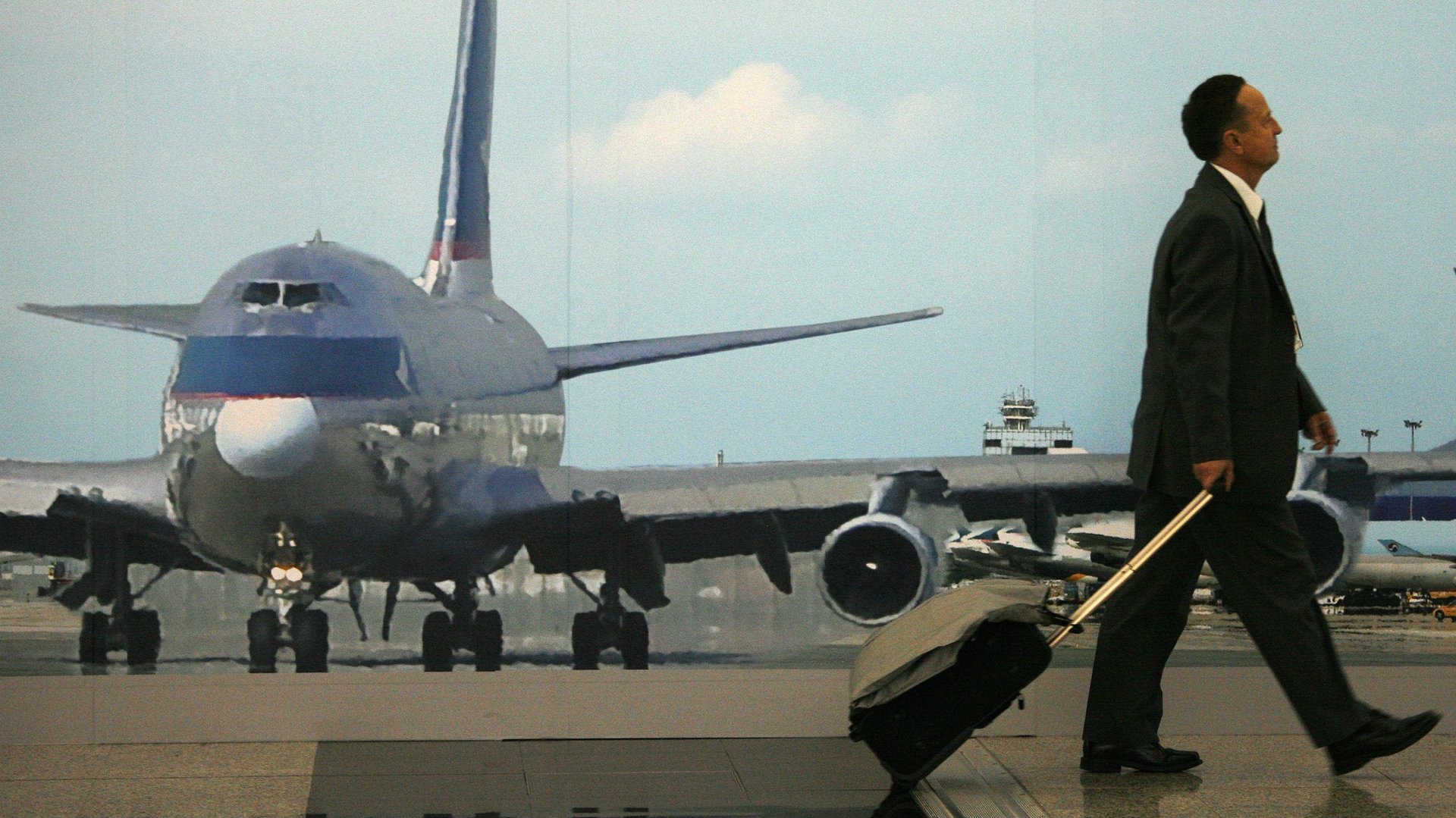Cathay Pacific’s epic miss tells us two things about the Asian economy, and neither is good
At face value the first-half results of Hong Kong-based Cathay Pacific don’t look so bad. After all, the airline managed to return to a small $HK24 million (US$3 million) profit in the first half after a massive HK$929 million ($120 million) loss a year earlier—except that analysts expected a HK$934 million profit.


At face value the first-half results of Hong Kong-based Cathay Pacific don’t look so bad. After all, the airline managed to return to a small $HK24 million (US$3 million) profit in the first half after a massive HK$929 million ($120 million) loss a year earlier—except that analysts expected a HK$934 million profit.
Fuel costs and losses at Cathay subsidiaries were among the factors. But two of the primary causes for the airline’s monumentally below-expectations results spell trouble for Asia’s economic outlook.
Business class travel is still woefully weak
Cathay and other luxury carriers like Singapore Airlines and Qantas have invested heavily in upgraded business class and first class amenities as they try to out-pamper each other and differentiate themselves from the budget carriers nipping at their heels. But none of that will do much good if business travelers stay home, or fly economy—Cathay Pacific has said that top corporate customers in the financial industry are flying 15% less than in recent years, and on Wednesday it said that weakness was continuing, even after it moved to slash business-class fares.
The airline has scaled back capacity on some of its long-haul routes, replacing economy seats with premium economy sections to raise the amount of revenue per seat. But the airline industry’s one-time golden goose—business-class and first-class seats on medium-length routes of around five hours—disappeared during the financial crisis and never came fully back.
Air cargo volume is shrinking due to China’s economic slowdown
Cathay is the world’s biggest international air cargo carrier, and that isn’t such a hot business these days. Cargo revenue fell 5% to $HK11.3 billion in the first half of the year due primarily to weakness in China. For example, it halved its scheduled flights to the Chinese manufacturing hub of Zhengzhou because of decreased shipments of high-tech products.
The air cargo market has been soft since April, 2011. “Our cargo has been affected by weak demand for more than two years, which is unprecedented,” said Cathay chairman Christopher Pratt. “There is still no sign of sustained improvement.” Other airlines have cited similar challenges. Japan’s ANA has resorted to shipping $100 mangoes and other expensive produce to Hong Kong to make up for lower levels of cargo mainstays like electronics. With all signs pointing to a continued China economic slowdown, Cathay may want to consider following suit on fruit.